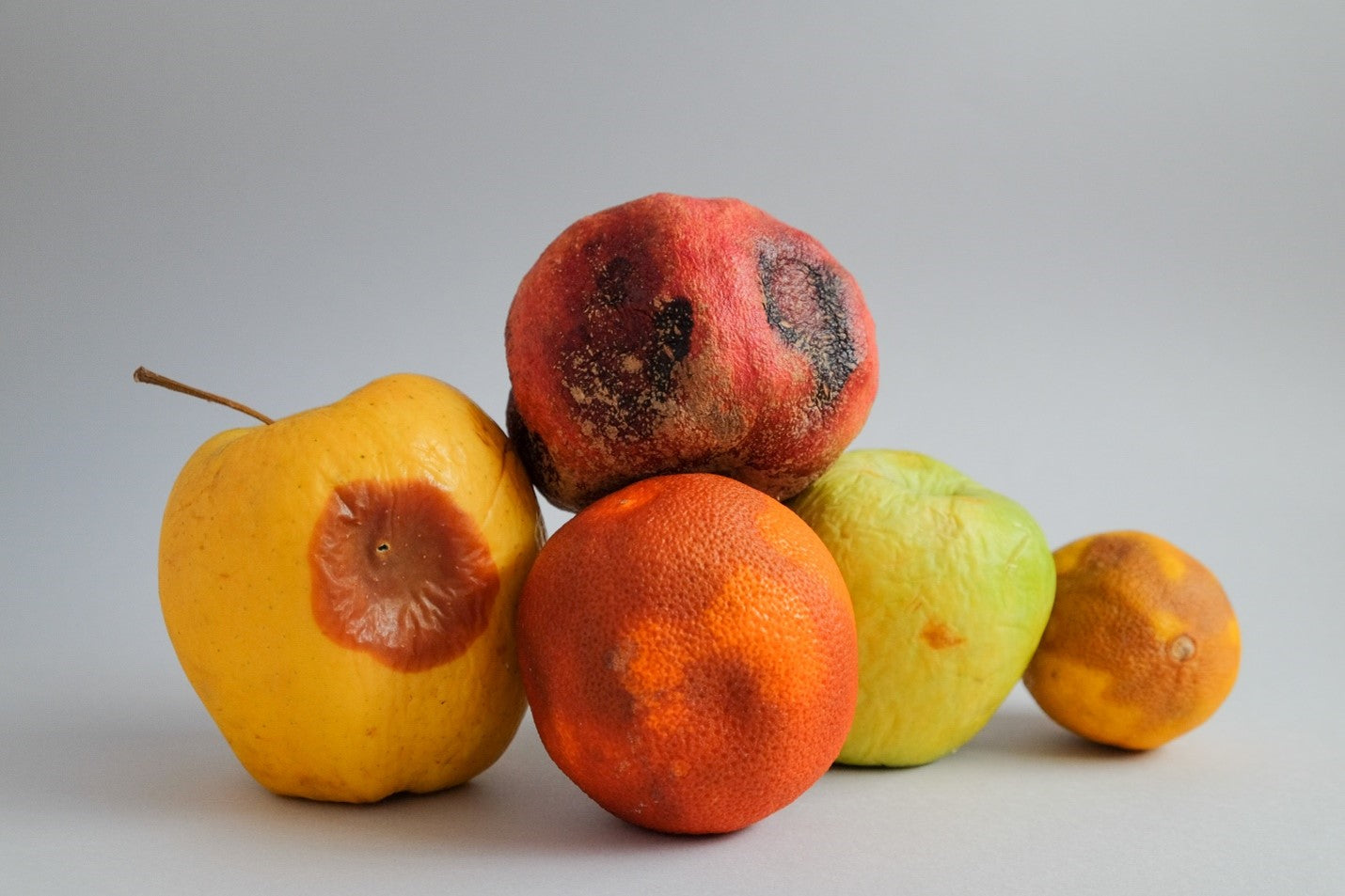
Stress, Perception and Getting long-Covid. Part 6
During this entire six-part series I’ve been writing about my perception and how it has changed as the result of having had Covid. Now, just about everything smells and tastes disgusting to me.
I got Covid for the first time, last May and then again for the second time, in July. After the first bout I had diminished taste and smell. But now my sense of taste and smell isn’t just lacking, it’s distorted. As a result, I now have two medical conditions known as dysgeusia AND parosmia.
The Cleveland Clinic describes dysgeusia as follows: “All foods taste sour, sweet, bitter or metallic.” For me the weird taste is indescribable. Like somebody mixed in some used motor oil into everything I taste. The Mayo Clinic describes parosmia as: When a smell that's present in the environment is changed and doesn't smell as it typically would. A University of Utah Health Website goes deeper: It’s a condition where otherwise normal smells now smell unpleasant or even disgusting. For example, to someone with parosmia, smells such as coffee or fruit smell like garbage, rotten meat or eggs, or ammonia.
It’s unlike ANYTHING I’ve experienced before. But it borders on nauseating. Surprisingly, things taste the same way they smell. Smells and tastes as diverse as coffee, corn, pizza, toast and even minty toothpaste all give off the exact same scent and taste like they smell. The satisfying experience of walking into a kitchen or an Italian restaurant and smelling something wonderful baking in the oven or cooking on the stove, is entirely lost on me now. I tell my wife it all smells like Covid.
Fortunately, not EVERYTHING I consume tastes bad. For some reason, lemonade tastes like lemonade, most vegetables taste like vegetables and salads (with a slightly sweet dressing added) tastes like salads. French fries, hamburgers, and pizza, on the other hand, all taste terrible. I had crackers and hummus last night which I used to love. I had to resist the urge to spit it out.
This description from the Cleveland Clinic explains it this way: “In addition to making foods taste sweet, sour, bitter or metallic, dysgeusia can also cause you to have a bad taste in your mouth, even if you’re not eating anything. In many cases, people report enjoying foods they typically dislike and hating foods they normally love.” As I write this blog, I can taste “covid” in my mouth right now.
Here’s the silver lining: I used to enjoy burgers and French fries (a little TOO much) and I wasn’t a huge fan of salads. Now it’s the opposite. My adult daughter calls this reversal of fortune “a super-power.” Plus, I still get hungry and even though my food isn’t always palatable, it still fills me up. So I’m focusing more on that satiety and less so on good taste. My long covid symptoms have once again altered my perception – and this has been the central theme of this 6-part blog (You can read the entire blog here.)
Not DEMANDING that my food should always bring me pleasure is strangely liberating. When a dietician asked me 35 years ago: “Do you live to eat or eat to live?” I replied: “No question. I live to eat,” Thirty-five years later, I am reconsidering my position. I realize now, that my Long Covid symptoms have forced me to focus on the truth: I eat to live. (And I would bet that’s how humans lived most of the time for millions of years.)
P.S. Having been double vaccinated and boosted, my symptoms while HAVING Covid were relatively mild. But quite honestly, when I began writing this blog seven weeks ago, I thought that my long covid symptoms described above, would have subsided by now, but they haven’t changed one bit. I guess the takeaway here is even a mild case of covid can leave you with some very real consequences – and that maybe it’s still wise for all of us, to continue to be cautious about this virus.





James Porter
Author